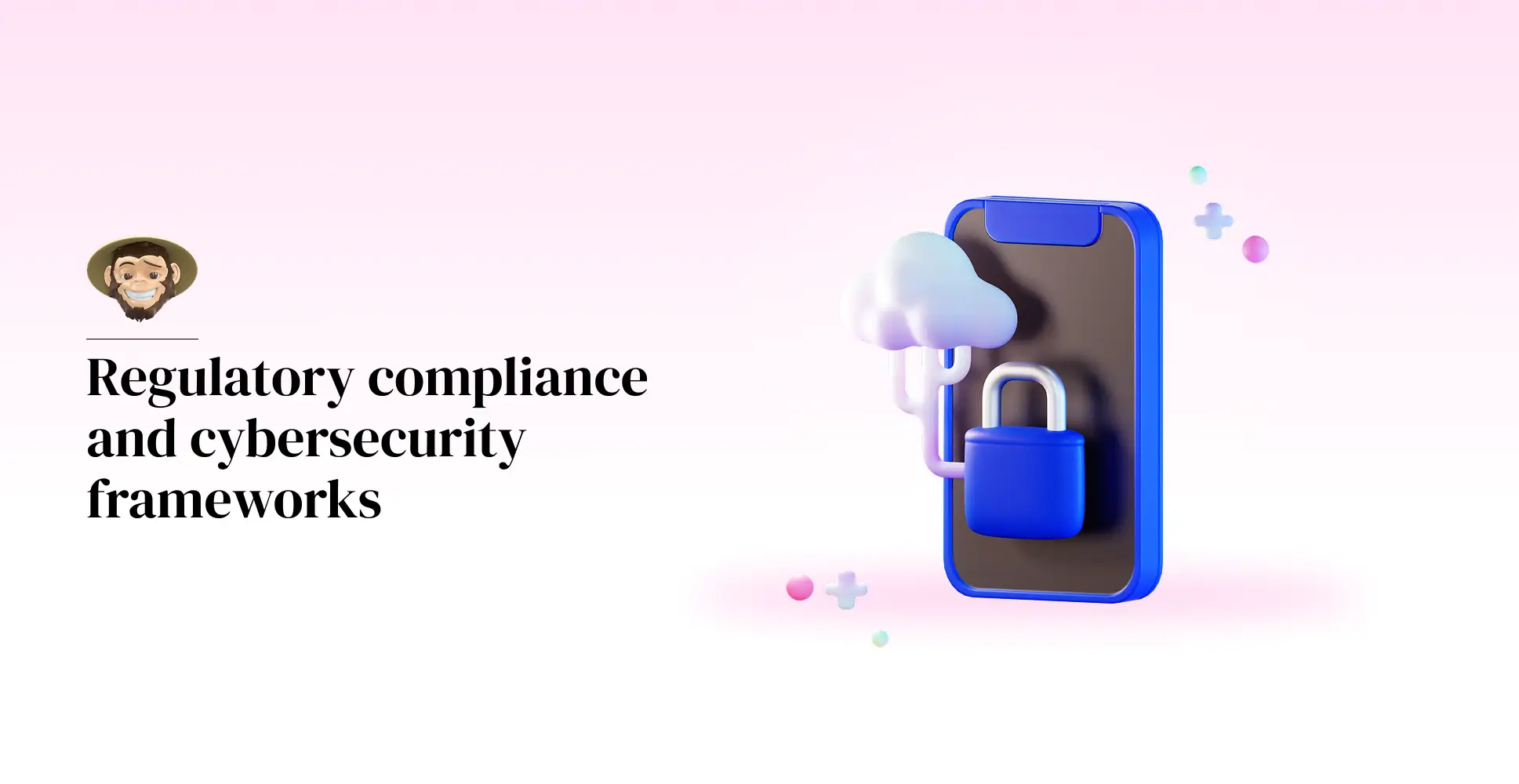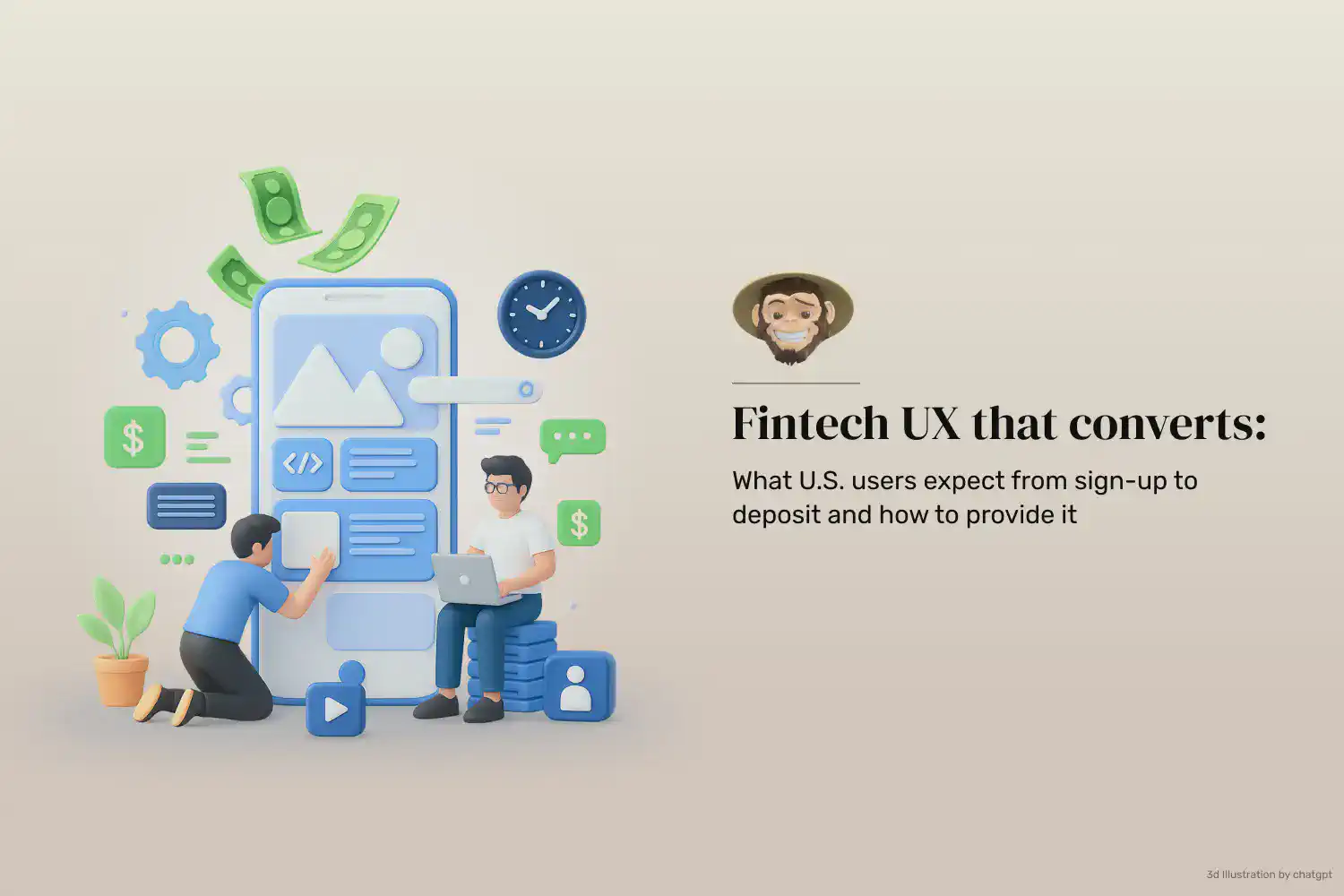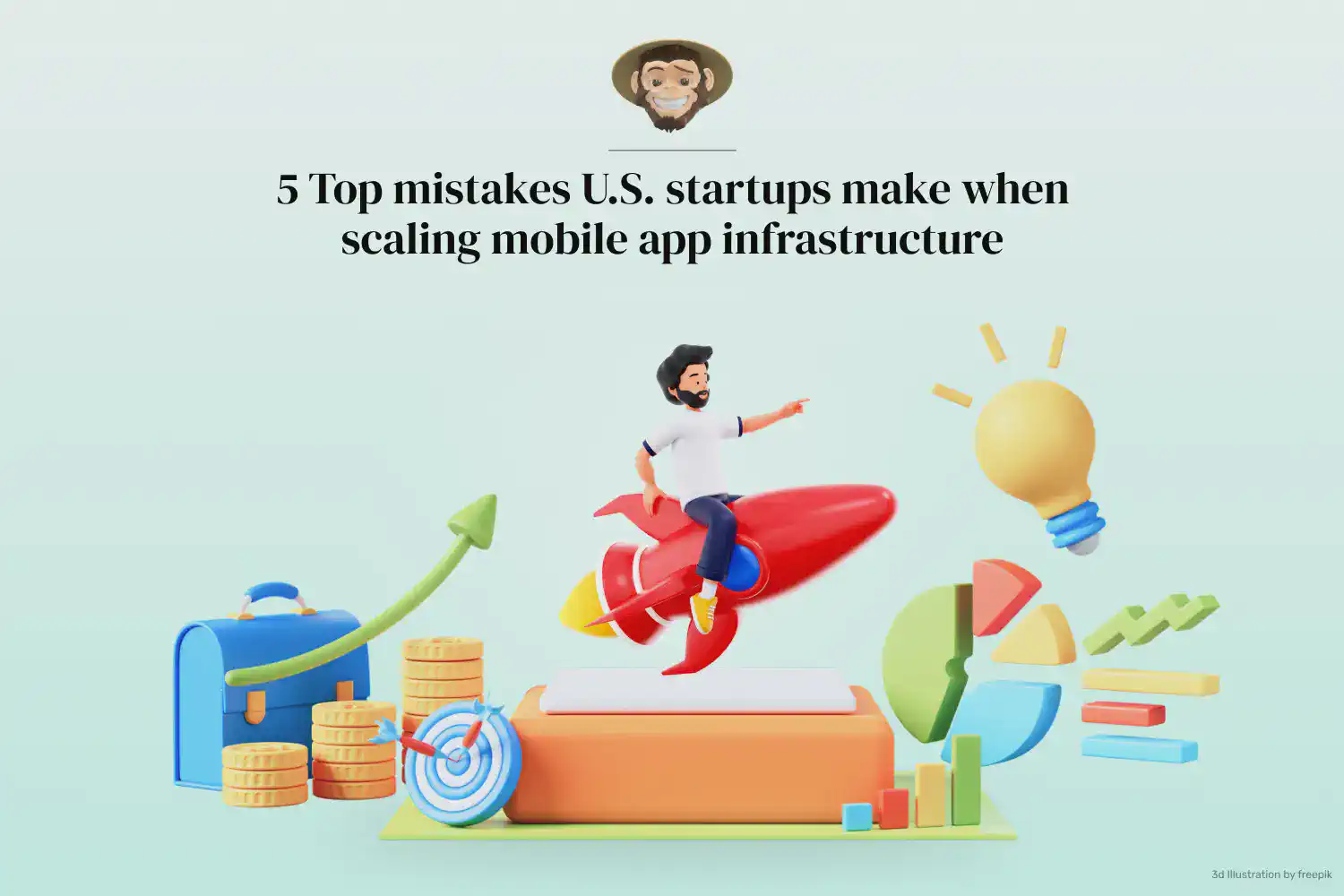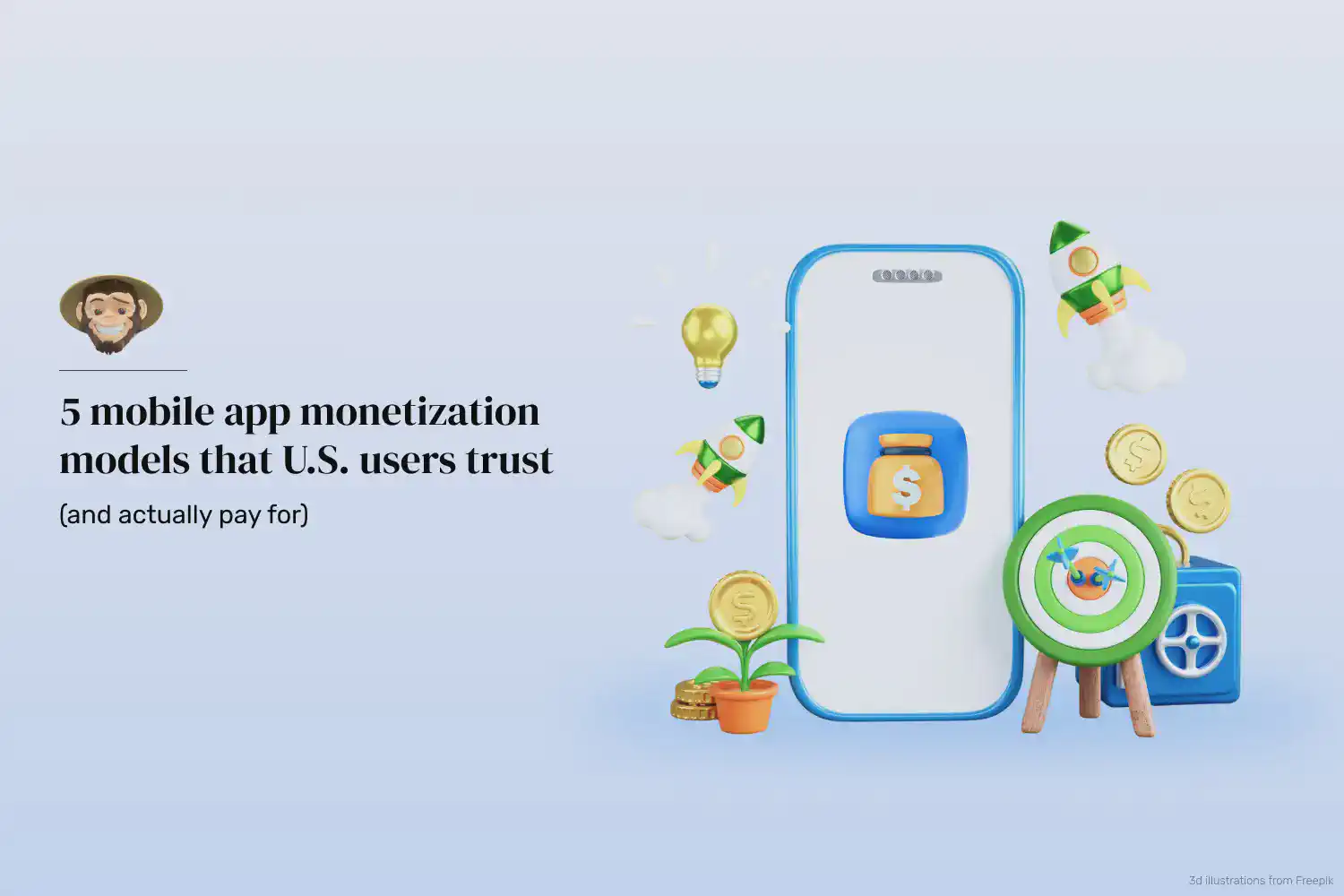As we progress into 2025, the importance of app security cannot be overstated. With cyber threats constantly evolving and data breaches becoming increasingly sophisticated, the responsibility of app developers to prioritize security measures has never been more significant.
As we enter a new year, and technology advances faster than ever, we see the world around us become so hyperconnected and sci-fi-like that the olden days, before smartphones and VR headsets became extensions of ourselves, seem like a distant, blurry memory. Now, the number of people, governments, companies, and industries worldwide that rely on digital solutions for personal use, financial transactions, healthcare services, enterprise operations, and much more only keeps growing, and software applications are getting more sophisticated in order to meet the rise in demand. This tech revolution is arguably a good thing. Still, the truth is that, as technology evolves and grows, so does the amount of our personal data that’s up for grabs to anyone lurking in the dispersed world of the internet. Hence, app security has never been more critical.
Amidst the evolving cyber threats and sophisticated data breaches, businesses and app developers are under increasing pressure to enhance their products’ security measures. At Foonkie Monkey, we’ve been leading the charge in developing secure, resilient applications for over a decade. We’re here to support you, leveraging our experience to guide you through the top app security trends and predictions for 2025, ensuring you stay ahead of emerging threats.

AI-powered threat detection
Artificial intelligence is undoubtedly revolutionizing all aspects of app development, and app security is no exception. AI is starting to offer app developers potent tools for real-time threat detection, predictive analytics, and security protocol automation. Unlike other rule-based security systems, AI has the potential to evolve and adapt, offering a promising future for app security. Machine learning algorithms, for instance, can be trained to detect patterns and unusual in-app behavior, such as unexpected login attempts or suspicious transactions, flagging them, isolating them, and notifying the security team so they can mitigate threats before they escalate. Furthermore, innovations such as federated learning will further enhance app security by training these models directly on the user’s device.
Foonkie Monkey’s prediction: AI-powered threat detection and security solutions will continue to evolve and become more efficient, advanced, and accessible. However, it’s essential to keep in mind that as AI-based security protocols get more advanced, so do the AI-based capabilities for cybercriminals to develop more effective attack methodologies. We predict that, for 2025 and beyond, AI will continue to advance and become a double-edged sword, acting as both a safeguard and a weapon. This underscores the need for app developers to remain vigilant and ready to tackle any threat, keeping them alert and prepared.

Quantum-resistant encryption
Quantum computing is advancing rapidly, and its potential to jeopardize encryption-based security protocols cannot be overstated. This is where quantum-resistant encryption, an innovation in post-quantum cryptography, steps in. Its importance lies in its promise to thwart the power of quantum cyberattacks, making it a crucial topic for app developers and software engineers to understand and implement.
Quantum-resistant encryption is a type of security that uses really tough math problems. These problems are so hard that even super powerful computers, like quantum ones, would struggle to solve them. So, by using quantum-resistant encryption, app developers can make sure their apps stay safe, even as quantum computing gets more advanced.
Foonkie Monkey’s prediction: for 2025 and beyond is clear: app developers will need to start incorporating and adopting quantum-resistant encryption into their products. This proactive step will ensure they are prepared for the future of security. In time, new algorithms and tools will likely start to emerge, making quantum-resistance encryption more widespread and easier to enforce.

Zero Trust App architecture
As we move into 2025, one thing is certain: cyber threats are advancing at an unprecedented rate, becoming more sophisticated and relentless than ever before. App developers can no longer rely solely on traditional security protocols that focus on perimeter-based defenses—those outdated methods are no longer enough to safeguard applications and user data. This is where Zero Trust App Architecture comes in. Unlike conventional security models that assume everything inside a network is inherently safe, Zero Trust operates on the principle of “never trust, always verify.” It eliminates the notion of implicit trus inside the netwrokt, requiring continuous authentication, strict access controls, and real-time monitoring for every user, device, and application, regardless of their location or destination.
By adopting Zero Trust principles, developers can enforce granular access controls, ensuring users have only the minimum permissions necessary to complete their tasks. This proactive approach minimizes attack surfaces, prevents unauthorized access, and strengthens overall cybersecurity, ultimately protecting applications, enterprises, and users from an ever-growing range of cyber threats.
Foonkie Monkey’s prediction: By 2025 and beyond, Zero Trust app architecture will be a cornerstone of app security. It will redefine how developers protect sensitive data, prevent cyber threats, and ensure compliance with evolving regulations. This approach will enable app developers to create more proactive, resilient, and airtight defense strategies. Every access request will be verified, every interaction will be encrypted, and continuous threat monitoring will ensure constant vigilance against potential threats.

API security
APIs are one of the most critical pieces of software that app developers have in their toolbelt to build innovative, efficient products. They are essential for data sharing across apps and seamless third-party integrations. However, this reliance on APIs, and their increased use, also makes them a prime target for cyber attacks. When not properly secured, APIs are a major entry point for hackers, which makes ensuring their security a top concern for 2025 and beyond.
Foonkie Monkey’s Prediction: App developers will need to start focusing more on API security by implementing Zero Trust app architecture, secure authentication, AI-powered threat detection, robust encryption methodologies, and automated API security protocols, among others, to make sure their APIs are never exposed.

Regulatory compliance and cybersecurity frameworks
As technology advances and vast amounts of user data are shared online, governments worldwide are enforcing stricter cybersecurity regulations to protect consumer privacy and prevent data breaches. For app developers, compliance with these regulations is no longer optional but as we move into 2025 and beyond, staying compliant will become even more complex and urgent.
Foonkie Monkey’s Prediction: Beyond established regulations like the GDPR in Europe and HIPAA in the US, mobile apps that leverage modern technologies will need to adhere to additional frameworks, such as the NIST Cybersecurity Framework, ISO 27001, and SOC 2, among others. These frameworks will play a critical role in ensuring data protection, encryption standards, and secure API integrations, particularly for fintech, healthcare, and AI-driven applications.

Final word
As we move further into 2025, the future of app security is closely tied to the growing sophistication of cyber threats. It’s no secret that the importance of app security will continue to rise, driven by emerging threats, regulatory advancements, and technological innovation, which means that app developers will need to start prioritizing security-first development parctices to building resilient, future-proof applications. So, by embracing these trends,and other we may have missed in this article,modern app developers can not only mitigate most risks but also enhance user experience, ensure compliance, and stay ahead in an increasingly competitive, highly digital world.
At Foonkie Monkey, we stay at the forefront of app security trends, ensuring that security remains a cornerstone of every app development strategy. We formly believe that by staying informed and adaptable, businesses can navigate the evolving cybersecurity landscape with confidence. If you have any questions or you’re ready to future-proof your mobile app’s security, let’s chat!





